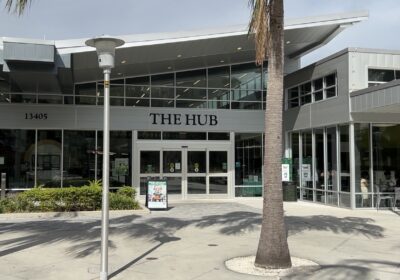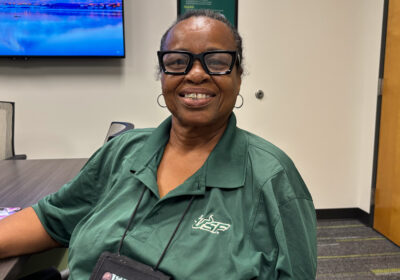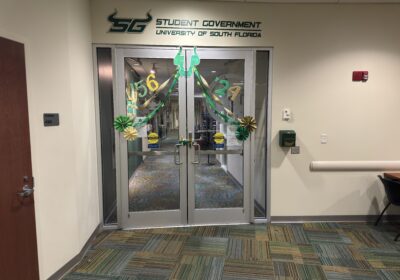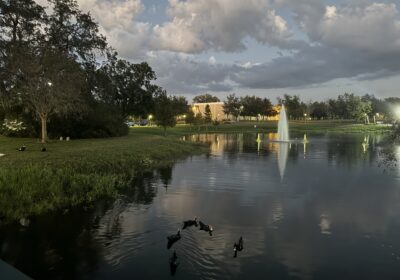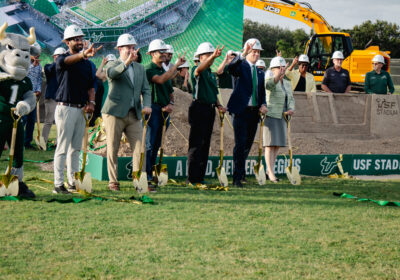Veterans weigh effects of 9/11 ahead of 20-year anniversary
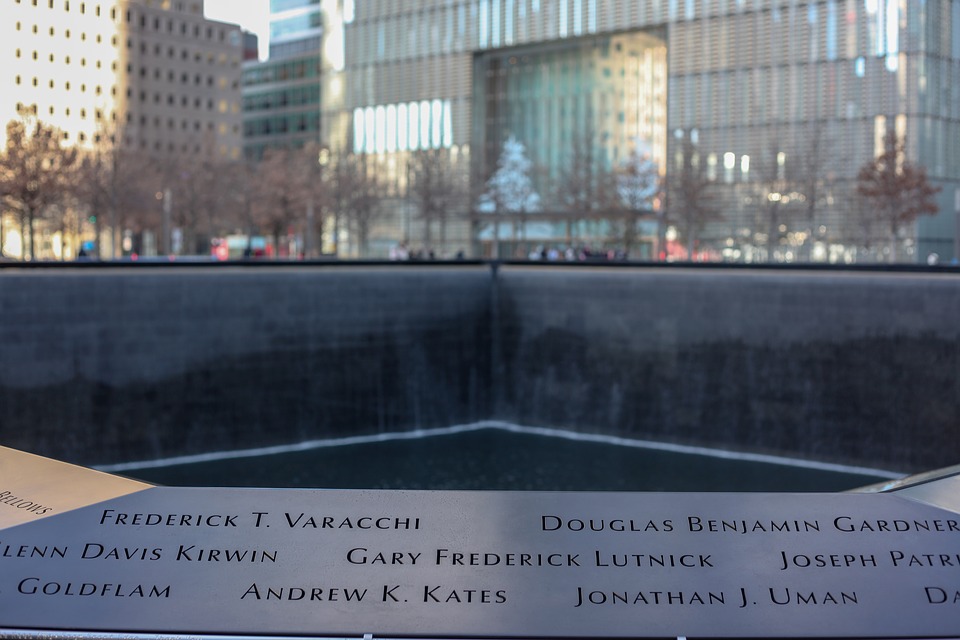
The morning of Sept. 11, 2001, Carlos Moreira, a New Yorker working in the Marine Corps in California, woke up at around 4 a.m. for work. When he arrived at his office, he saw on the TVs that a plane had crashed into the north tower of the World Trade Center around 8:46 a.m. on the opposite coast.
Not knowing what was going on, Moreira tried to reach his family still in New York City, but all the phone lines were busy. All he could do was watch the news and wait for answers.
“Definitely, it was a roller coaster. It was a mix of emotions,” Moreira, director of campus engagement for Veteran Success and Alumni Affairs at USF, said. “Definitely a lot of worry and through the worry, the anger [also came] once the news started saying that we were being attacked.”
Only later that night, after 10 p.m., did Moreira get hold of his mother who told him how his father had to walk almost 12 hours to pick up his sisters and take them home safely since transportation was shut down in the city. The day after, he said, the whole country had shut down.
“On [Sept.] 12, everything was literally closed,” Moreira said. “Schools were closed, everything that was federal, government, state, military basically went into … the high levels of force protection.”
The naval base in Puerto Rico where Wayne Taylor, assistant director for the Office of Veterans Success, was working at with his army unit went into lockdown as well. He said when they saw the plane hit The Pentagon, they knew it was a terrorist attack.
Taylor remembers the anxiety he felt that day. He went to the school inside the military base to pick up his daughters and took them to the compound with his wife so they could stay safe.
“Even though we were in Puerto Rico, … the unit that I was working with was a special unit,” Taylor said. “We knew that people might know where we were located. And so we knew that Puerto Rico at that time, especially with the airfield there, was a very important position for the United States to help get to South America rather quickly if there’s any problems with any of our embassies.”
His unit was geared up and on standby to go anywhere.
After the 9/11 events happened, the longest war in American history started. More than 800,000 American service members were deployed to Afghanistan since October 2001, 2,352 of them have died and more than 200,000 wounded, according to the U.S. Department of Defense.
For 20 years, U.S service members were sent to Afghanistan. Todd Post, a senior studying psychology at the St. Pete campus, was 12 years old when 9/11 happened — 11 years later, he was serving in that war.
“There’s what you think [the war] might be and then there’s this what it really is, and it’s just a crazy place over there,” Post said. “It’s a different world for sure, and it makes me really appreciate being [in the U.S.]”
Post was one of many members of his family who served in the military, which was a significant reason for him joining. He said he feels 9/11 impacted his entire family since many of his relatives, including his father and brother, have been sent to Afghanistan and other Middle Eastern countries.
Although Taylor’s unit ended up going to South America following 9/11, he was sent to Afghanistan in 2004. Their mission, he said, was to find the people who attacked them.
“We knew that the people who attacked us were using Afghanistan as a safe haven,” Taylor said. “They were using it to hide … because of the way that the Taliban had set it up before. So we knew that they knew they could be safe there.”
With the recent withdrawal of American troops from Afghanistan and the 20th anniversary of 9/11 coming up, Taylor said these past few days have been of reflection for him. He believes it is important to learn and educate from the experiences lived since that day.
“I think it’s a great time for us to educate others that when you go to combat, we’re fighting an enemy, not a race,” Taylor said.
“You’re not fighting a religion, you’re actually fighting someone else who’s shooting at you, not saying that everyone is bad. When I say education, I think that’s what [people who remember 9/11] could do is educate more from our experiences and talk about ‘What did we learn from 9/11? What can we share with others so they can take it [and] they can learn something, too?’”
Moreira said it’s important to remember the sacrifices that military, police, EMT first responders, firefighters and service members make every day, and understand the sacrifices that were made in 9/11.
“9/11 was a day of sorrow, anger, frustration — 9/12 the country came together as one,” Moreira said. “Neighbors were there for one another, people that didn’t know each other were there for one another. Even on 9/11, we have so many heroes that we don’t know about. They didn’t wear the uniform, they probably were the average Joe, but they stepped up to the plate to be there for one another, to even sacrifice their own life to save somebody else.”


